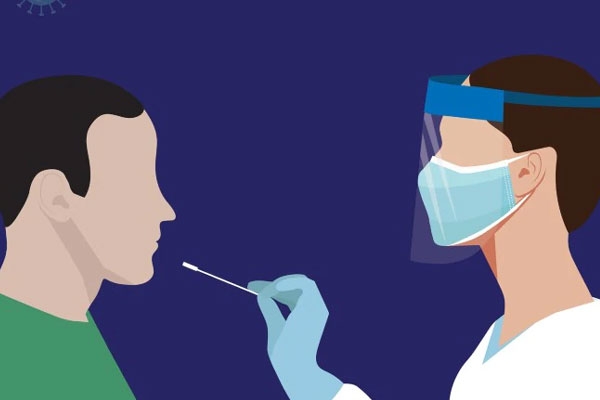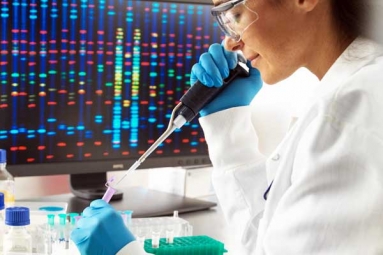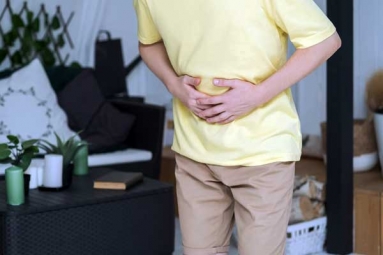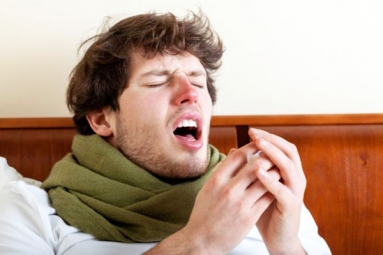
(Image source from: healthshots.com)
A 33-year old man from Hong Kong has caught the coronavirus for the second time, making it the first such case in the world.
Scientists in Hong Kong on Monday, August 24, have reported a case of coronavirus in a 33-year-old man who caught the virus for the second time, four and a half months after he caught the virus for the first time in late March.
Notably, the man did not have any symptoms for the second time suggesting that the immune system was at play after the first bout.
However, during the first infection, he had symptoms like cough, fever, sore throat, and headache.
Immunologists from Yale University upon reviewing the person said that the second infection was completely asymptomatic as his immune system prevented the infection from getting worse.
Is it the first case of re-infection in the case of COVID-19?
There have been scattered reports about possible reinfections being reported till now across the world but most of them were anecdotal and the attributed factors such as faulty testing or the lingering traces of viral elements of the previous infection.
However, the researchers at Yale University suspected the virus from both the infections was different indicating there was no match between the first two viruses.
This proved that the second viral infection was not from the residual elements from the first infection.
This is the world’s first documentation of the second case of infection of the same person who recovered from COVID-19 four months ago.
Should you be worried about the reinfection?
The answer to this remains unclear as there are very few cases where the reinfection has happened and only one case has been documented and researched till now.
However, considering the fact that there is only one case until now of the lakhs of cases being reported across the world, there is no need to worry about the reinfection at present.
Maria Van, a coronavirus expert at the World Health Organization said that there have been more than 24 lakh cases reported across the world and cases like these must be researched at the population level.
Moreover, since the patient from HongKong has no symptoms this time, it means that the immune system is providing protection even if it could not prevent the infection altogether.
The immunity of a person is expected to build with each subsequent exposure to the pathogens.
It is also important to notice that whether the patient who caught the coronavirus once has developed neutralizing antibodies or not.
According to the NYT report, the Hong Kong man has not developed any antibodies after the first infection but has developed them for the second time.
How long does one stay protected from COVID-19?
At present, there is no answer to this. As many more cases of reinfection come to fore, the duration and the kind of immunity response generated will be different from one person to another and will be uncertain.
Many researchers working on COVID-19 claim that the immunity developed through COVID-19 may not be ever lasting.
As for the coronavirus that causes the common cold, immunity seems to be lasting for a shorter time, even if there is a presence of more number of antibodies. This is why getting common cold is so frequent and widespread.
The same can happen with the novel coronavirus in the future.
By Gayatri Yellayi



















